Seeds of Turkish nationalism sown at school
Nationalism poses problem with Turkey schools, which, within IMF-imposed budget restraints spend little on education.
Monday, 02.04.2007.
10:22

ISTANBUL Nationalism poses problem with Turkey schools, which, within IMF-imposed budget restraints spend little on education. "Happy is he who says he is a Turk," pipe hundreds of uniformed children in unison, lined up in the playground before a golden statue of Turkey's revered father Ataturk, for a daily pledge of hard work and sacrifice. Seeds of Turkish nationalism sown at school The enthusiastic chanting ends and the children file into school, past an inscription saying their first duty is to defend Turkey and another of the national anthem -- texts which appear again on the classroom walls and preface all their textbooks. When they move up to high school, they will take a weekly class from army officers about the military's exploits. Their school books will tell them European powers have their sights set on Anatolia and Turkey's geography makes it vulnerable "to all kinds of internal and external threats". Textbooks are peppered with the sayings of Kemal Ataturk, who founded modern Turkey in 1923 after the collapse of the Ottoman Empire. "Homeland ... we are all a sacrifice for you!" comes particularly recommended by one textbook's authors. These are just some of the features of Turkey's education system that reformist teachers and activists want changed. They say it encourages blind nationalism -- something Turkey is looking at more seriously since the ultranationalist-inspired murder in January of Turkish-Armenian journalist Hrant Dink. Political rows with the European Union, which Ankara hopes to join, have also fanned nationalism -- especially in an election year -- but many experts say the seeds are first sown at school. "In newly founded nation states like ours education is an effective political lever to train and transform people ... but in recent decades this concept, which needs to be loosened, continues," Ziya Selcuk, university professor and former head of the government's Training and Education Board, told Reuters. This government has reformed the curriculum in a way teachers say makes students more active and reduces traditional rote learning, but the emphasis on nationalism remains. "There's still some emphasis on militarism, the importance of being martyred, the importance of going to war, dying in war and so on," said Batuhan Aydagul, deputy coordinator of the Education Reform Initiative. Teachers also say they feel pressure not to stray from the official line or curriculum in class. "If you present some arguments which are the opposite of the established arguments ... you might get reaction, absolutely, from students, from other teachers, from directors -- negative reactions of course," said one teacher who declined to be named. His colleague, who also spoke on condition of anonymity, laughed at the idea of criticizing Ataturk in a history lesson, saying to do so would spark investigation by prosecutors. "They think ... if you do such a thing you confuse their minds and confusion is not good for young people," the first teacher said. But the textbooks could be confusing for some: while foreign historians say Ottoman forces massacred Armenians in 1915, high school history books here say it was the other way around. "It must not be forgotten that in eastern Anatolia the Armenians carried out genocide," one 2005-dated book reads. In its latest progress report the EU also criticized the portrayal of minorities such as Armenians, saying further work was needed to remove discriminatory language from textbooks.
Seeds of Turkish nationalism sown at school
The enthusiastic chanting ends and the children file into school, past an inscription saying their first duty is to defend Turkey and another of the national anthem -- texts which appear again on the classroom walls and preface all their textbooks.When they move up to high school, they will take a weekly class from army officers about the military's exploits. Their school books will tell them European powers have their sights set on Anatolia and Turkey's geography makes it vulnerable "to all kinds of internal and external threats".
Textbooks are peppered with the sayings of Kemal Ataturk, who founded modern Turkey in 1923 after the collapse of the Ottoman Empire. "Homeland ... we are all a sacrifice for you!" comes particularly recommended by one textbook's authors.
These are just some of the features of Turkey's education system that reformist teachers and activists want changed. They say it encourages blind nationalism -- something Turkey is looking at more seriously since the ultranationalist-inspired murder in January of Turkish-Armenian journalist Hrant Dink.
Political rows with the European Union, which Ankara hopes to join, have also fanned nationalism -- especially in an election year -- but many experts say the seeds are first sown at school.
"In newly founded nation states like ours education is an effective political lever to train and transform people ... but in recent decades this concept, which needs to be loosened, continues," Ziya Selcuk, university professor and former head of the government's Training and Education Board, told Reuters.
This government has reformed the curriculum in a way teachers say makes students more active and reduces traditional rote learning, but the emphasis on nationalism remains.
"There's still some emphasis on militarism, the importance of being martyred, the importance of going to war, dying in war and so on," said Batuhan Aydagul, deputy coordinator of the Education Reform Initiative.
Teachers also say they feel pressure not to stray from the official line or curriculum in class.
"If you present some arguments which are the opposite of the established arguments ... you might get reaction, absolutely, from students, from other teachers, from directors -- negative reactions of course," said one teacher who declined to be named.
His colleague, who also spoke on condition of anonymity, laughed at the idea of criticizing Ataturk in a history lesson, saying to do so would spark investigation by prosecutors.
"They think ... if you do such a thing you confuse their minds and confusion is not good for young people," the first teacher said.
But the textbooks could be confusing for some: while foreign historians say Ottoman forces massacred Armenians in 1915, high school history books here say it was the other way around.
"It must not be forgotten that in eastern Anatolia the Armenians carried out genocide," one 2005-dated book reads.
In its latest progress report the EU also criticized the portrayal of minorities such as Armenians, saying further work was needed to remove discriminatory language from textbooks.










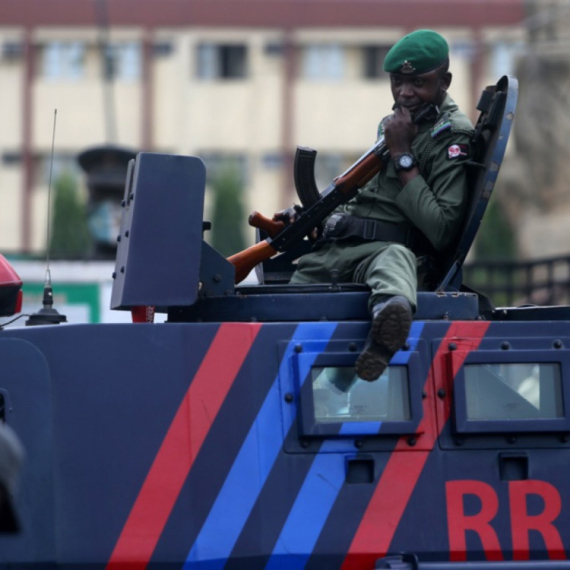



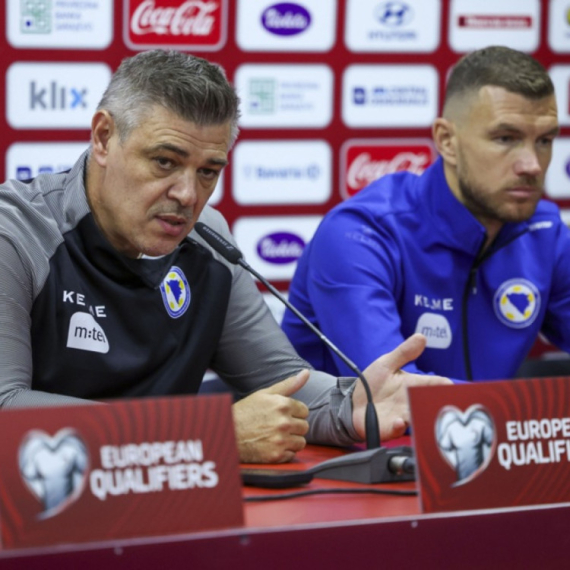
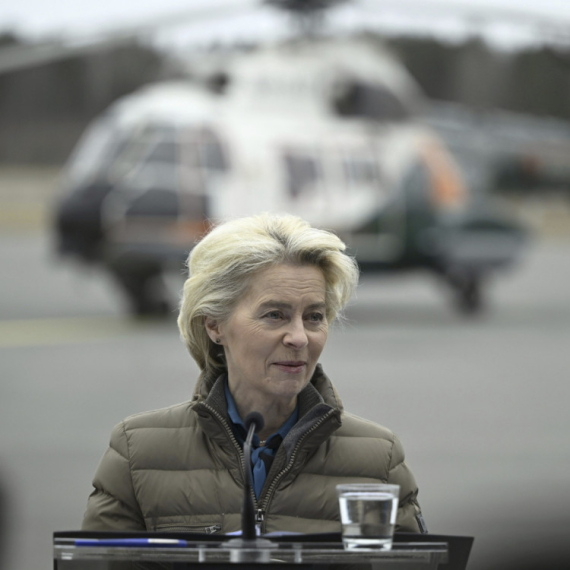
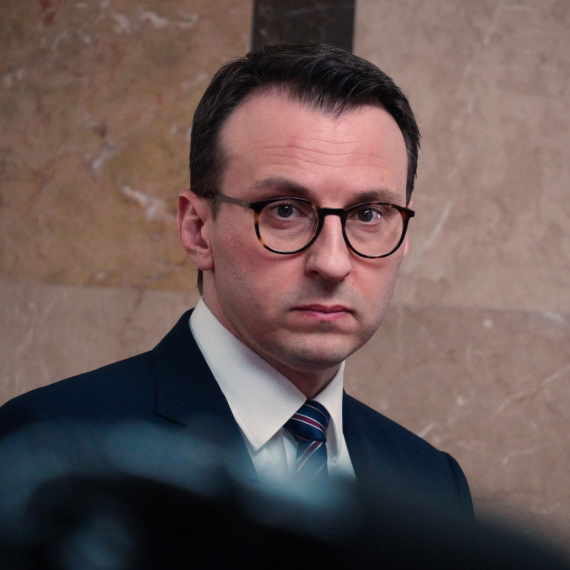
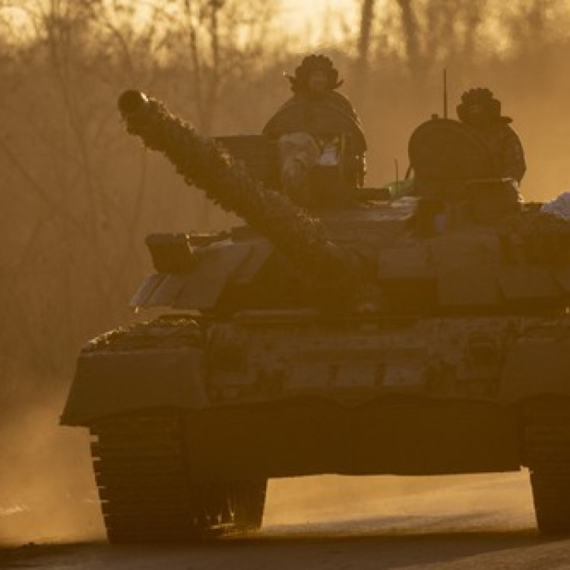
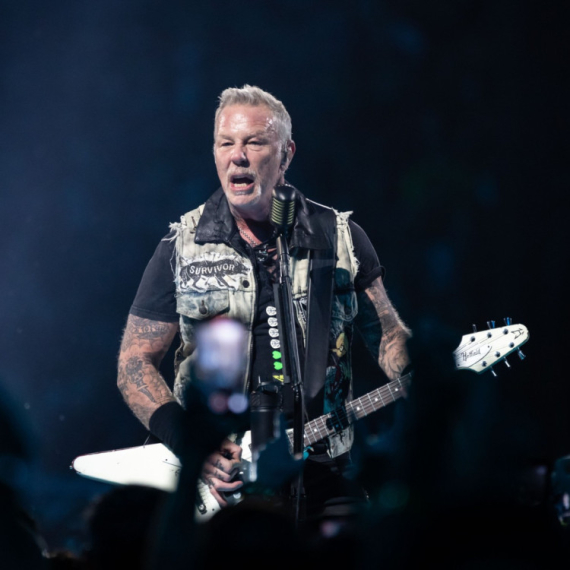
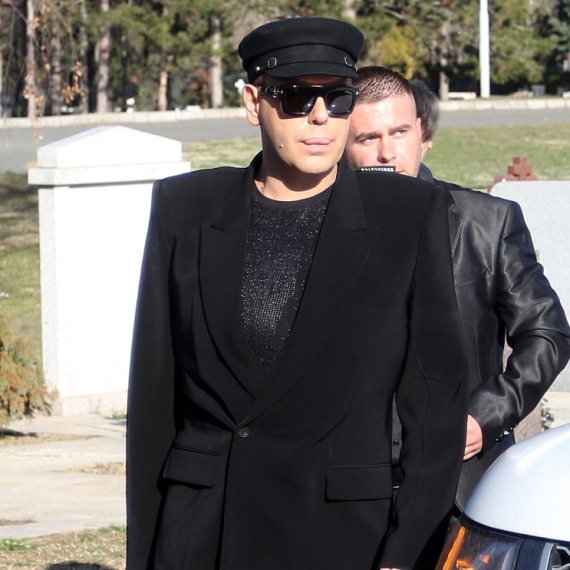

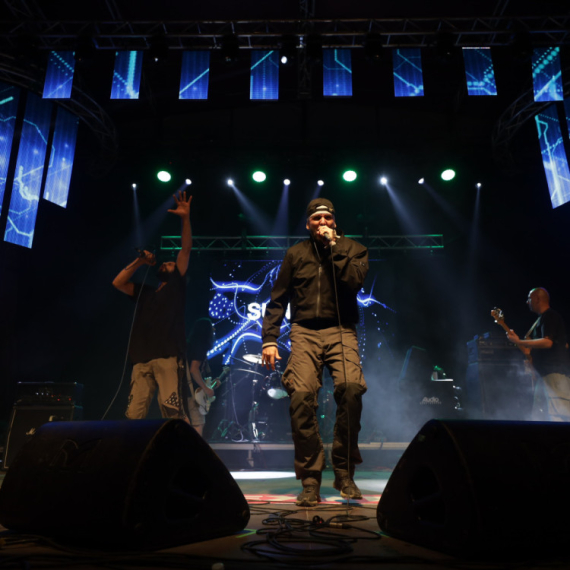

































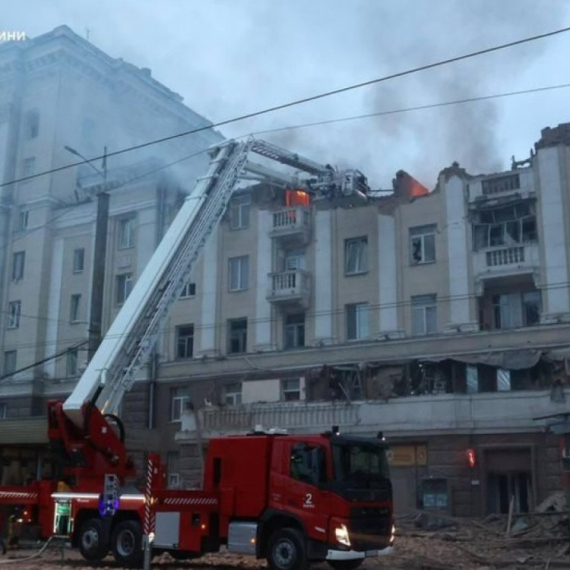
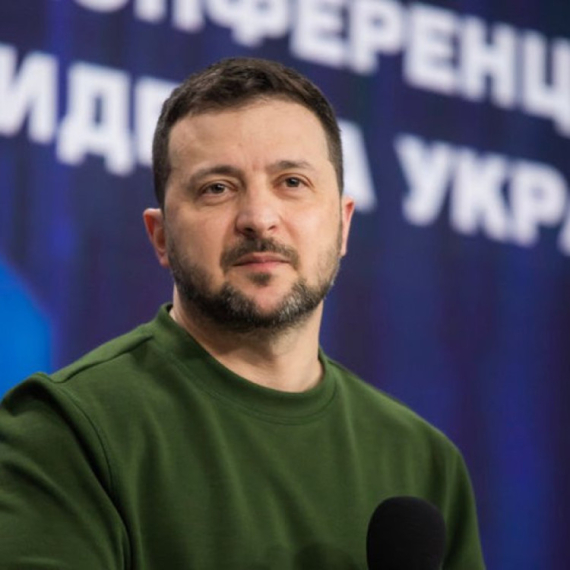

Komentari 1
Pogledaj komentare